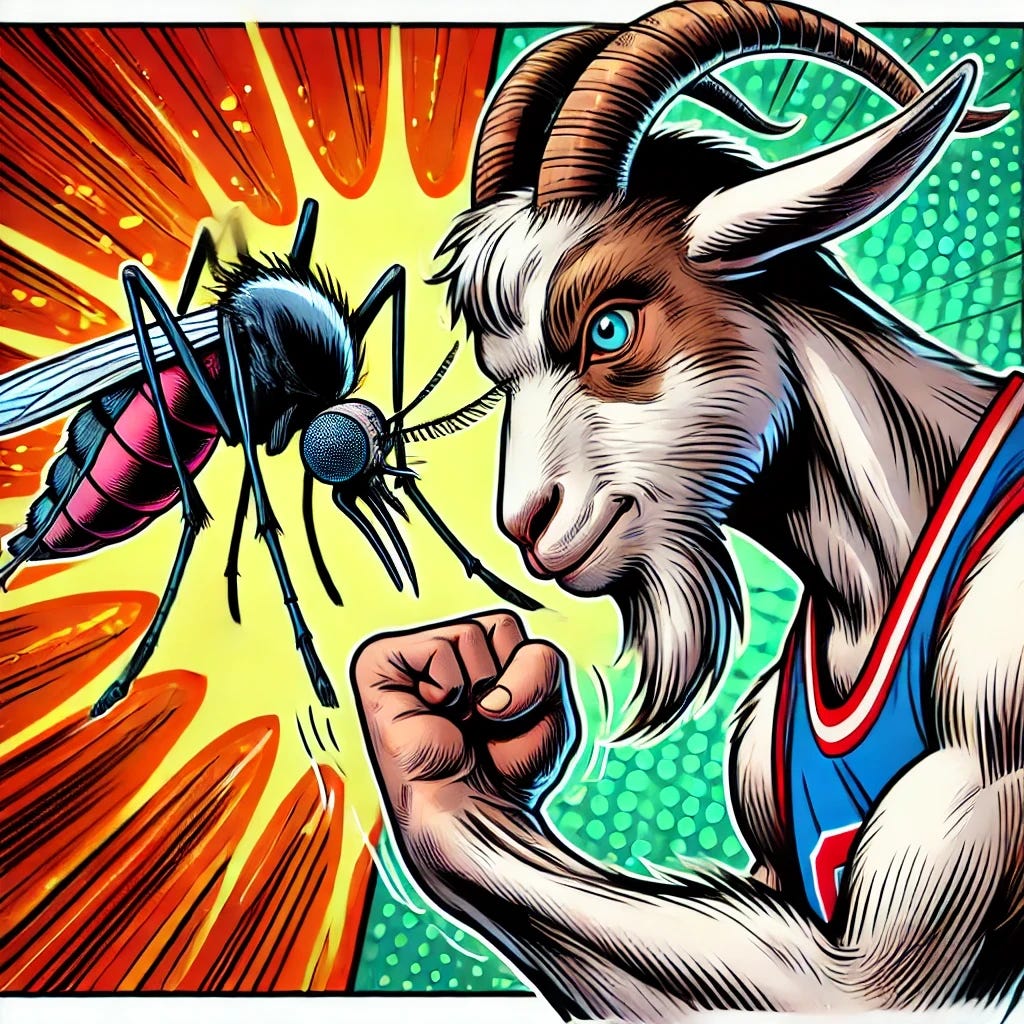Itching
Itching is unique.
It’s not quite pain, is it? No, not quite—it’s more like discomfort, if I have to pin it down. When you itch, you can scratch it and bring yourself a little bit of relief, and this can manifest as pleasure… so, weirdly, an itch brings you both discomfort and an opportunity for satisfaction.
This weird middle ground means that itching has often had a very special spot in our folklore and mythology. There are the more mundane superstitions you might still hear permeating today’s language:
If your palms are itchy, it means you’re going to have good financial tidings. Similarly, if your feet itch, you may be about to take a journey. An itchy nose might mean a visitor is coming, and an itchy trigger finger explains itself.
If you’re itching to do something, you are incredibly restless. You’re not literally itching, but you’re uncomfortable just holding still, as someone who itches might be. You just might need to go and scratch that itch.
Itching is important! Think about the response your body needs if something like a mosquito lands on your skin. Scratching gets rid of the tiny threat, but also doesn’t really damage your skin too much. Itching helps us to get rid of these little threats by harming ourselves as little as possible.
Pain wouldn’t have the same result. If we feel pain, our response tends to be to protect ourselves from further damage, so we’ll often try to take care of the affected area. Imagine if your instinct was to protect the area around the mosquito, still clinging to your arm and slurping blood to their heart’s delight.
That’s why we have specific receptors for this type of threat. These are called pruriceptors, which contrast with nociceptors (pain detectors). Specific chemical signals are sent to your brain, including histamine, serotonin, and opioids. Somehow, this specific mixture gets interpreted by our brains as an itch.
Itching isn’t only triggered by external threats, though. Even a stressful week can trigger itching in some folks, and there are loads of other potential causes like allergies or internal pathogens that can cause an itch. However, the mechanism probably evolved specifically to address these smaller threats.
I’ve already pointed out that paradox: that itching is uncomfortable, but scratching brings relief. Scratching is the yin to itching’s yang, and that’s kind of weird all by itself.
I have one more weird observation for you today.
It’s about itching’s close cousin, tickling. If you’ve ever asked the question, what even is tickling?, you are in good company. Tickling generally involves another person, so it’s almost always a social interaction.
Touch the bottom of someone’s foot with a feather, and they’ll yank back as though they were touched by a hot flame. However, make a little game out of this activity and both participants may end up laughing so much their sides hurt.
That response to an itch—to scratch it by cutting slightly into our skin or ripping it—is so that we can address a threat to our well being. When someone tickles us and we laugh, it’s almost as though we are showing any people around that there’s no actual threat here. There’s no need to rip up your own skin, your brain seems to be telling you.
Now, I bet you’re itching to tell me some things today. Do you have to deal with any sort of chronic itching? Did you enjoy The Itchy and Scratchy bits on The Simpsons?





Jnhate it when people call the action of scratching "itching" as in. "I've got to itch this thing"
Fun fact: You can make yourself feel an itch or pain, but it’s impossible to tickle yourself.